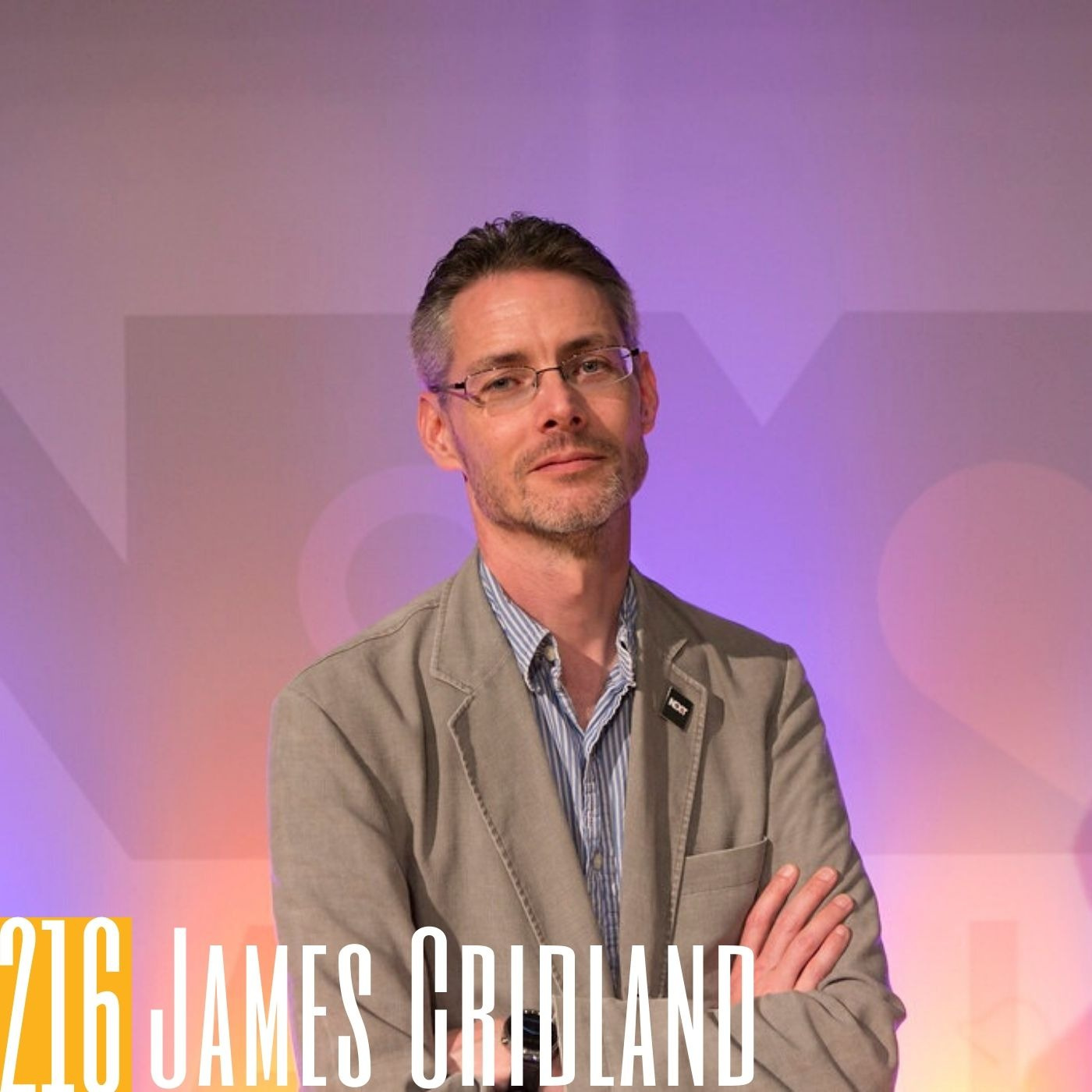Spotify led the way in recent acquisitions, and other folks are waking up.
Data shows that people who use Spotify for podcasts, for example, are more likely to stick with the products, and more likely to upgrade to their premium plan.
Podcasting space is going to get really interesting with new niche products, trying to leverage this trend.
Podcast hosting is not technically challenging, and most of the tools do similar things. For the smaller players to win, they have to differentiate and focus on unique challenges that others are not addressing.
Traditional podcast hosts are rather complicated, requiring you to know various technical details.
Anchor.fm makes it incredibly easy to create a podcast, taking care of all the technical details for you. It lets you get involved and to start a podcast fast.
When you want to take a podcast further, Anchor might be limited and you might look for another host for you.
This is just one example, but radio is released at around -23 LUFS (audio loudness standard), while podcasts require to be much louder, at -16 LUFS and sometimes even more.
It's a simple fix, and it needs to be done, yet it seems many still don't know to do it.
p.s. Editor's note: If you want to auto-master your podcast audio, take a look at Clipgain.io
James Cridland found technology to be a more interesting past time than sports, so while everyone else at his boarding school was getting fit, James spent time in the computer room, learning new skills.
India. It is the second largest country in the world that speaks English, which means it is millions and millions of people that can consume already available content, and their consumptions is growing incredibly fast.
James says podcasting is definitely a business that is going to grow. In US alone podcasts are at about 7% penetration, while radio is at 60%. There is a lot of room to grow.
There are a lot of heritage voices in podcasting who seem to have an issue with new developments, and although it is useful to know where the industry has come from, if we are to move forward, and to get podcasting to 90% listenership, we have to break some norms.
